Even the best and most well intentioned parents can pass along bad or detrimental habits to their children. This can often confuse people who otherwise love their parents––why do they act the way they act or feel the way they do? And what about parents who don't necessarily have the best interest of their children at heart?
After Redditor FriendlySkyChild asked the online community, "Mental Health professionals, what "small" things do parents do that gives their kids mental health issues later in life?" people weighed in with their insights.
"The biggest one I see..."
The biggest one I see is parents who refuse to take accountability for their mistakes. Honestly, it's not a huge deal if a parent f**ks up-- no one's perfect. It becomes a big deal when they refuse to admit they did something wrong and then blame their kid as a way of covering up their mistakes.
"Coming in and out of their lives..."
-Choosing when to give love to your child or making them "earn" it.
-Coming in and out of their lives on a whim.
-Constantly bringing up body image issues especially theirs (but then buy them junk food).
"Being in and out of their life..."
Mental health professional here.
- Being in and out of their life, causing them to feel depressed and question their self-worth because their own parent doesn't want to be with them. Just be all the way in or all the way out. What I'm referring to are parents that show up when it's convenient here and there. Obviously divorced parents with split custody can only do so much.
- Punishing them for making honest mistakes, causing anxiety if they aren't perfect. Additionally, never giving them consequences for anything at all, creating a sense of entitlement.
- Doing everything for them and never allowing them to make their own decisions, which teaches them no responsibility or problem solving skills.
- Enabling them to continue to make poor choices by defending them all the time. More entitlement and narcissism as they get older.
- Only acknowledging when they do something wrong, and rarely praising them. Again, more anxiety about not being perfect. Additionally, only praising their efforts in things you like, rather than praising all their efforts.
- Being aware of abuse and not only allowing it to continue, but to do nothing to advocate for your child, or trying to sweep it under the rug. Or being the one perpetrating the abuse. PTSD and all its components come into play here.
- Sharing your adult problems with them. More anxiety when they feel like they have to fix your problems. There is such a thing as "adult conversations." To clarify, I don't believe there is a golden age to talk with your kids about mature topics. All kids handle this differently. Some like to help and be part of the family decisions, and some cannot handle when they can't help. It's one thing to talk about financials with teens so they understand money doesn't grow on trees. It's another thing to talk to a 6 year old about how you can't pay rent and might end up homeless.
- Projecting your hopes and dreams on them. Maybe little Johnny doesn't want to be a lawyer. Let's not riddle him with depression because he hates his life because you forced him to live out your dream instead of his own.
- Not apologizing when you're wrong. This leads to the child thinking that everything is their fault anytime something goes wrong.
Even if they don't end up with a mental health diagnosis, we don't want them being maladjusted adults when they're older.
Also, just because you've experienced these things, it doesn't automatically mean you are/will be damaged. How we behave as adults is purely our responsibility. If you're experiencing poor mental health as a result of these things, or anything else for that matter, seek professional help. If you feel like you've adjusted fine even with having these experiences, that's great!
"My parents have never once in my life..."
Admit your own mistakes. My parents have never once in my life told me "I'm sorry I did that" and my GOD is every single conversation we have a fu**ing battle because they just refuse. To. Apologise. Seriously, teach your kids some humility.
"There are so many things..."
Family therapist/program manager for multiple OP sites.
There are so many things - but I'm into my second gin and tonic and I'm going to angry vent about the ones that piss me off the most:
- Don't punish your child for the behavior you asked them for. For example, if you want your kid to talk to you more don't yell at them when they share things that are scary and uncomfortable. If you want your child to spend more time with the family don't make sh!tty comments about them when they come down.
- Don't parentify your child. Don't tell them about your bills, relationships. What their A**hole parent did. Don't use them as an outlet - it is not their job to support you.
- Don't withdraw your affection as punishment. Love from a parent is a right, not a privilege. Doesn't matter how much trouble they get into - you can discipline and love a child at the same time.
There are more - but the bottom line is that your kids should know you like them. You think they are fun and interesting. You can sit through difficult and uncomfortable moments with them. You can respond to their crisis without becoming the crisis.
I adore the kids we serve. And the parents for the most part. But sometimes it feels like you're watching a death by a million cuts when parents continue to hurt their children in these little ways all the time.
"The amount of kids..."
I worked in a level 3 lock down facility for kids to rehabilitate for a few months. The amount of kids shipped off in the middle of the night simply because their parents didn't want to deal with it was unreal. And then you find out this is what the parents did with everything. Any time the kids had any kind of problem, no matter how small, the parents would avoid dealing with and wonder how their 15 year old got hooked on meth.
If your kid has a problem, talk to them. Let them vent, let them be sad, or upset or confused. Ask your kids how they're doing and actually mean it, open up those lines of communication because I saw too many kids say, "its not like anyone cares what I do anyway" and it's so sad to hear.
"If there are a lot of problem behaviors..."
Credentials: I am a therapist specializing in treating traumatized children. I also see children who aren't traumatized and adults.
Answer: Characterizing behavior as bratty, manipulative, or attention-seeking, especially out loud where your kids can hear you. Kids want one, single, goddamn thing on this earth, and that's to please their caregivers. If they knew how to do it reliably with good behavior, THEY WOULD. If there are a lot of problem behaviors, there's a lot of problem parenting.
"Projecting your own anxieties..."
Counselor here. A few thoughts:
- Not setting appropriate boundaries (too many, too few, too rigid, or overly permissive)
- Inappropriate disclosure (kids shouldn't know about their parents marital conflict, money problems, etc. No emotional dumping)
- Someone kind of already said this, but negative views about oneself (diet culture/negative body image, negative self talk)
- Not helping a kid identify their feelings related to their behaviors. Related, not allowing kids to appropriately express full range of emotions. Invalidation.
- Age inappropriate expectations
- Not apologizing
- Stigmatizing mental health
- Projecting your own anxieties onto them/not being able to manage own anxieties.
"It's so simple..."
I am a licensed play therapist. It's so simple, but just acknowledging your child's feelings. "I can see you're feeling sad." "You're angry at me right now." "You're scared." It helps children so, so, so much with mental health in the future, because they grow into adults who understand and can express their emotions. It gives children a foundation of empathy and understanding from which to build healthy relationships with other people in the future. It's critical and only takes a minute.
"Pressure to perform."
Ex-counsellor here.
- Not allowing 'negative' emotions like anger, jealousy, etc. Teach them those are normal, and what to do with your emotions.
- Pressure to perform. Don't try and make your kids something they're not, especially if it's what you wished you were.
- Never letting them find the consequences of their mistakes. You might want to protect them, but you're stopping them from learning how to avoid mistakes, and how to recover from them, and how to deal if other people make mistakes.
- Not dealing with and owning your own sh!t. We've all got problems, best to deal with it rather than perpetuate cycles. Find a therapist for yourself, and be open with your kid that you know, and you're trying your best. It gives them space to learn grace and how to deal with their issues.
"Using your children..."
Using your children as an emotional punching bag.
Comparing your childhood to theirs.
Hitting the roof over a tiny mistake.
Blaming them for your mistakes.
"Don't ever tell a kid..."
Don't ever tell a kid they are fake cryong when they are upset. My mum thought I was some master manipulator as a child and would always hit me with the "you don't deserve to cry, I should be crying."
It messes you up.
"When a closeted kid..."
When a closeted kid hears homophobic comments from their parents. That hurts.
"Parents should uplift their kids..."
Emotional abuse. Parents should uplift their kids instead of looking down on them and telling them that they'll never going to succeed.
"If your kids can't talk to you..."
Freaking out over everything. If your kids can't talk to you, can't admit their mistakes to you, can't seek out your help without you screeching and throwing a fit, you're not giving them a healthy environment to live in.
"It's usually the small deficiencies and traits..."
It's usually the small deficiencies and traits: Adults that lack communicative and expressive skills and overly defensive behaviour creates insecure children that inherit said traits and often depressive tendencies.
"Saying one thing today..."
Psychologist here. One word; inconsistency.
Saying one thing today and the next day something else makes it impossible for a child to properly learn how to attach themself to others. Plus, for a child its insafe and it will go in "worst case scenario"-mode (high in arousal). When not learned, people can develop nasty coping strategies to deal with unstable childhood.
Want to "know" more? Never miss another big, odd, funny, or heartbreaking moment again. Sign up for the Knowable newsletter here.



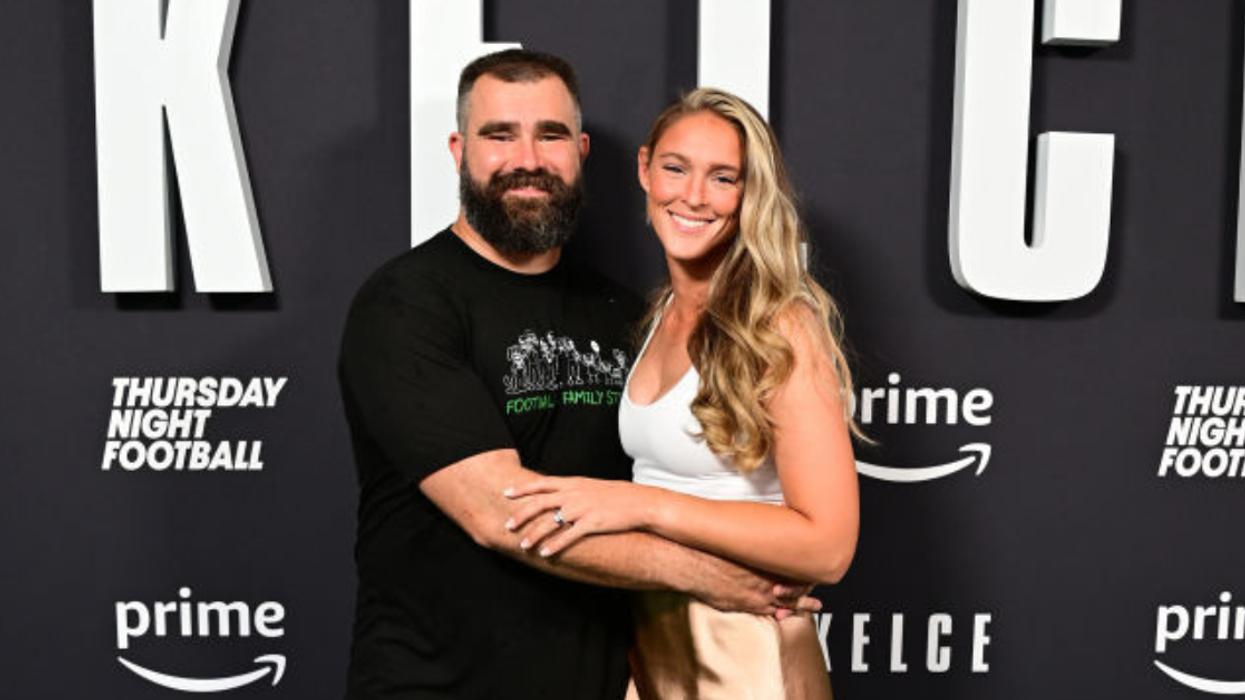




 @marlenerobertson/Bluesky
@marlenerobertson/Bluesky @UDeserveNoGods/X
@UDeserveNoGods/X @UBNewss/X
@UBNewss/X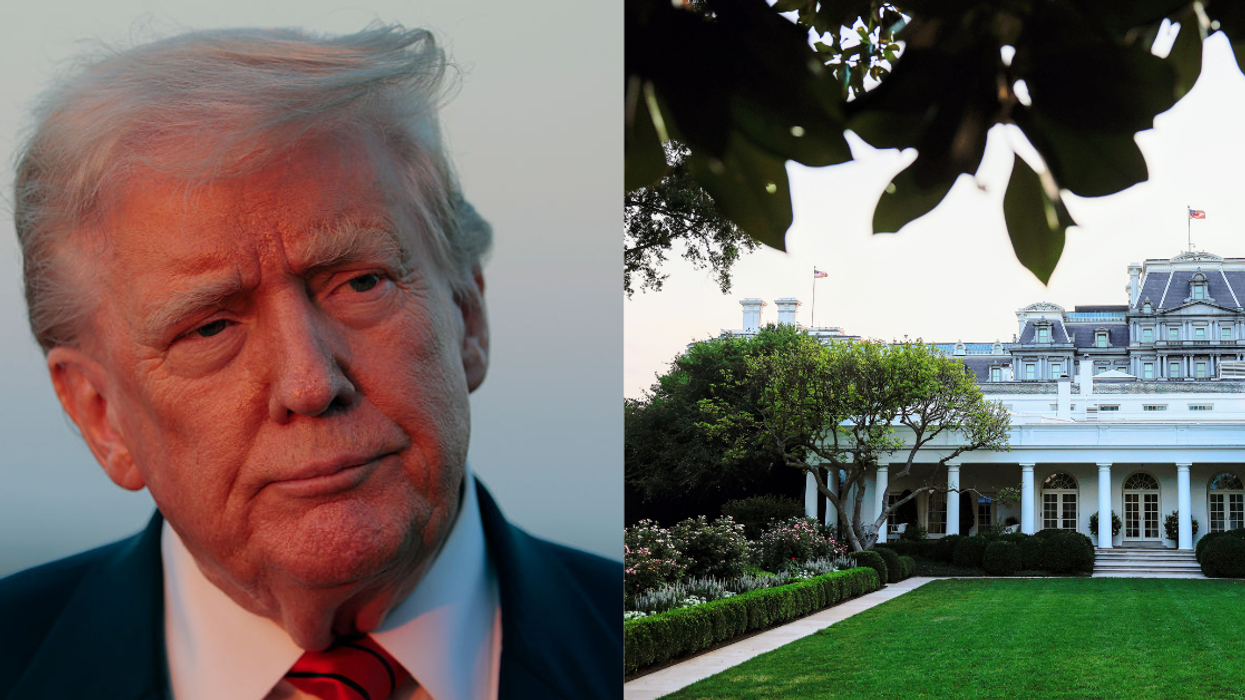
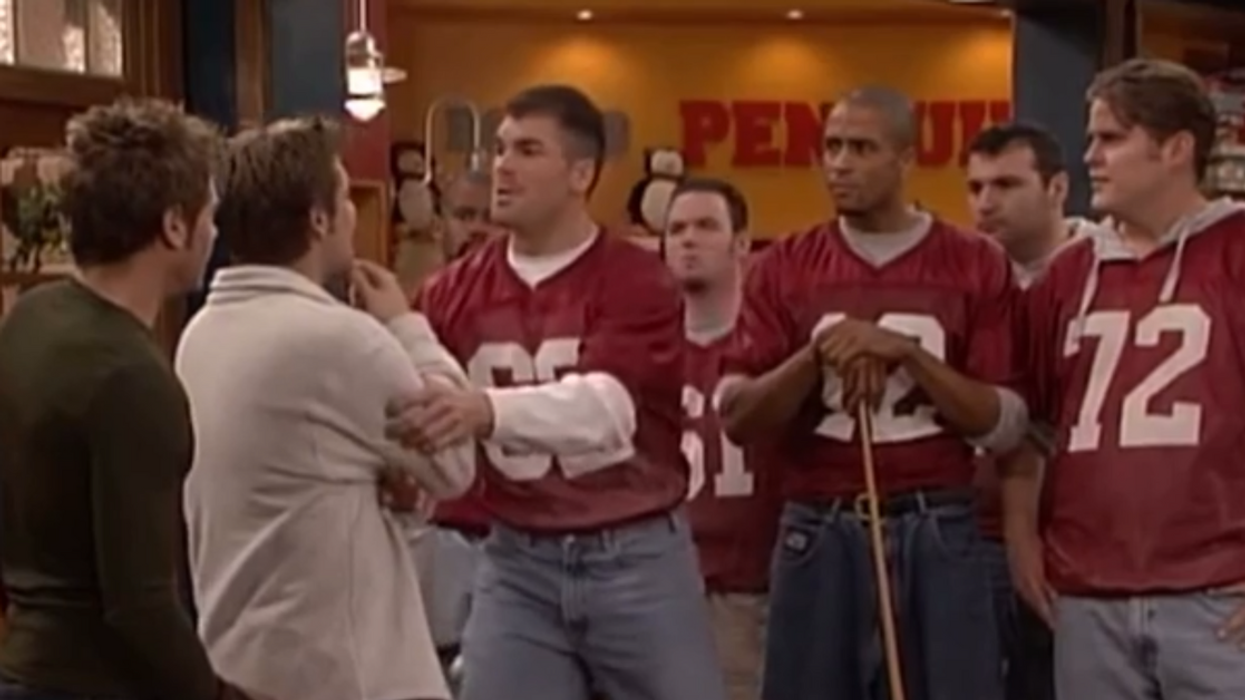


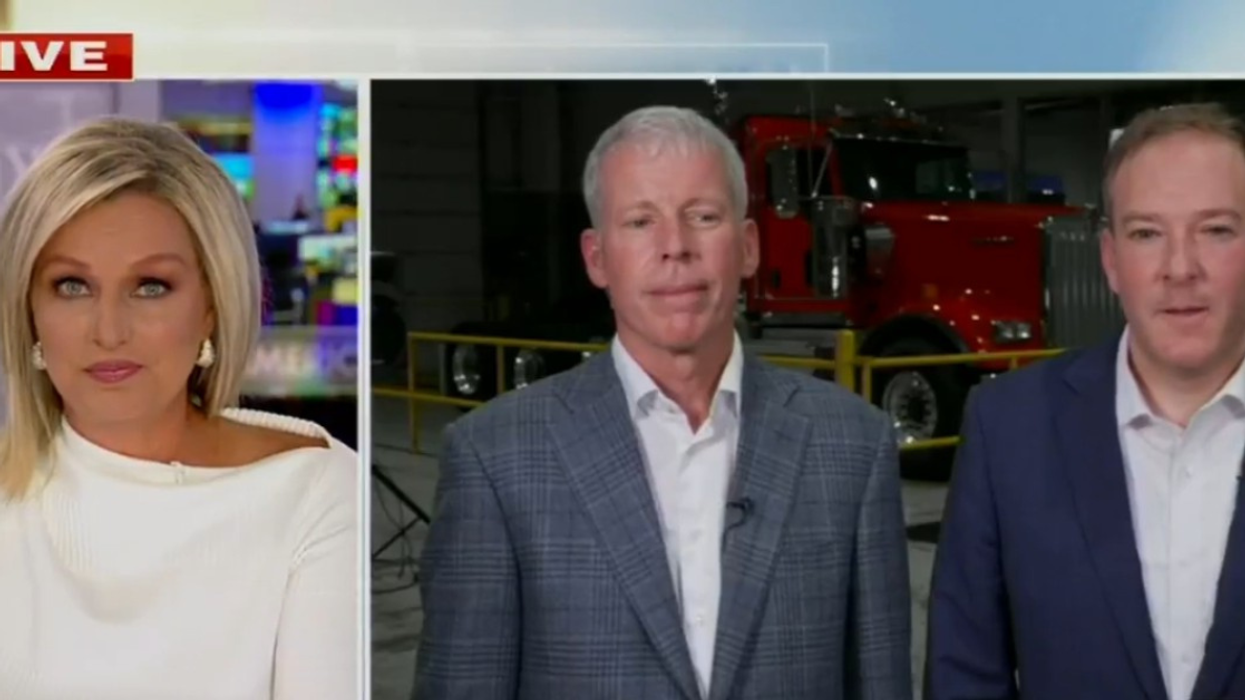
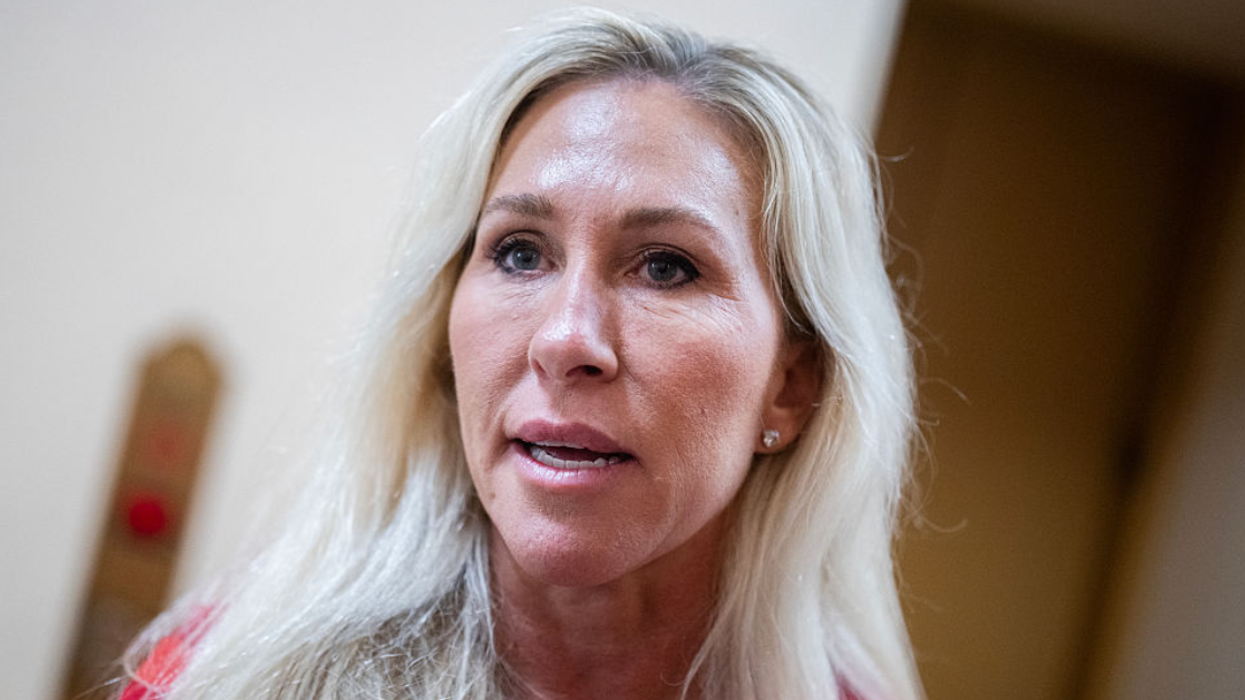

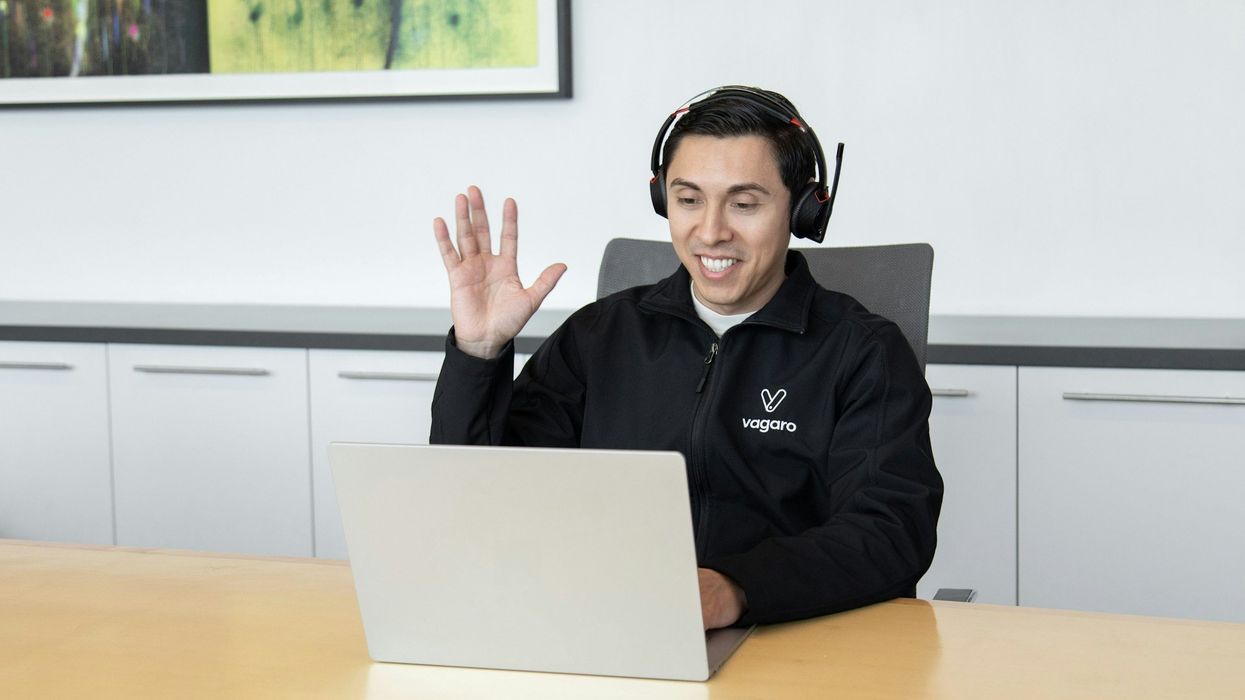
 Delivery Dashing GIF by DoorDash
Delivery Dashing GIF by DoorDash  blade thinks GIF
blade thinks GIF 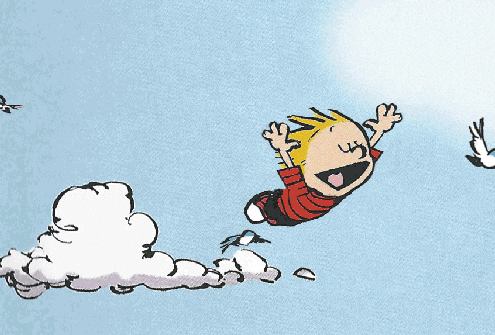 Flying Calvin And Hobbes GIF
Flying Calvin And Hobbes GIF  Best Friends Hello GIF by Marcel Katz / The Art Plug
Best Friends Hello GIF by Marcel Katz / The Art Plug 
 @gazzamuso/YouTube
@gazzamuso/YouTube @joshuaobat/YouTube
@joshuaobat/YouTube @loveinthematrix/YouTube
@loveinthematrix/YouTube @sagewilliams1164/YouTube
@sagewilliams1164/YouTube @St.Jamshock/YouTube
@St.Jamshock/YouTube @euphoria186/YouTube
@euphoria186/YouTube